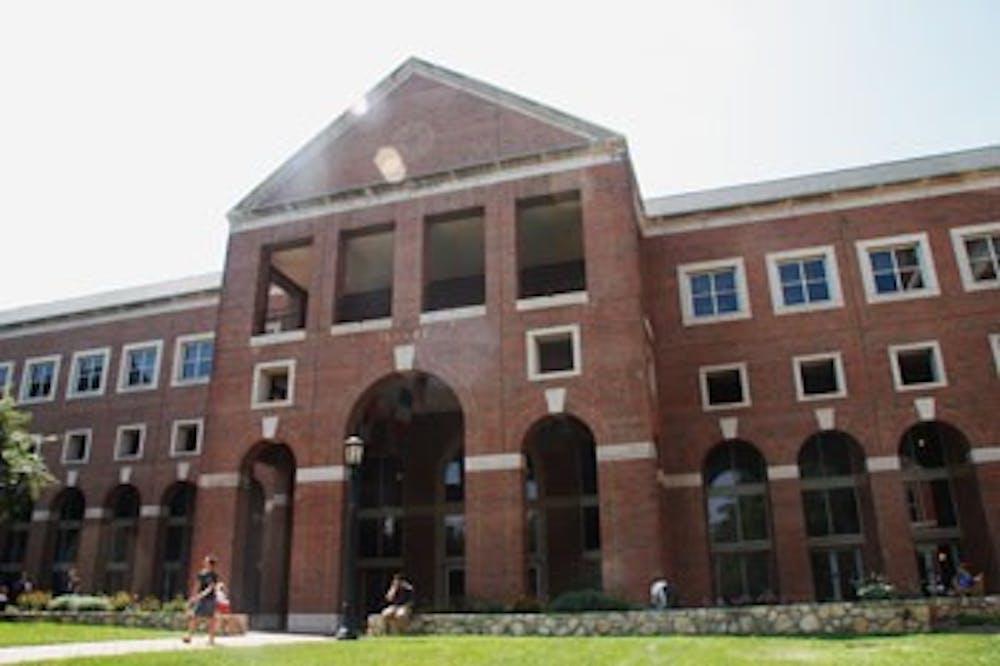Experts will convene for a conference surrounding the growing issue of American wealth inequality on Wednesday and Thursday at UNC's Kenan-Flagler Business School.
The conference, titled "Closing the Wealth Gap," will work to address a widening divide of wealth between the top 10 percent of American households and the rest of the country. The speakers planning to attend will offer an interdisciplinary approach with a wide variety of perspectives on different factors of the growing problem.
"Nearly a dozen presentations and panel discussions will explore closing the wealth gap through place-based strategies, corporate and financial institution support, technological innovation and inclusive economic development, among other means," a press release for the event said.
The conference is a result of a coordinated effort by hosts, UNC Kenan-Flagler Business School Alliance of Minority Business Students, CREATE — a center affiliated with Kenan Institute of Private Enterprise — and UNC School of Law's Institute for Innovation.
Presenting experts at the event include Amy Goldstein of The Washington Post, Chief Impact Officer of Advantage Capital Sandra Moore and Winslow Sargeant, former chief counsel of advocacy for the United States Small Business Administration, among others.
UNC professor of economics Patrick Conway was invited to speak at the conference because of his research in the early 2000s on textile closures and their impact on the surrounding communities in rural North Carolina.
Conway is speaking about how the American Dream relates to specific economic indicators. Conway has discussed how issues of wealth inequality have become such a prevalent issue in a variety of academic disciplines.
"Every discipline on campus, I think, has a different take on it, and all the takes are very valuable," Conway said.
Conway said his role in the conference is to provide context for more specific examples of plant closures. He said these examples will be provided by Goldstein, who wrote a book after observing the effects of a plant closure in Janesville, Wisconsin, and Susan Helper, a professor at Case Western University and former chief economist at the U.S. Department of Commerce.



